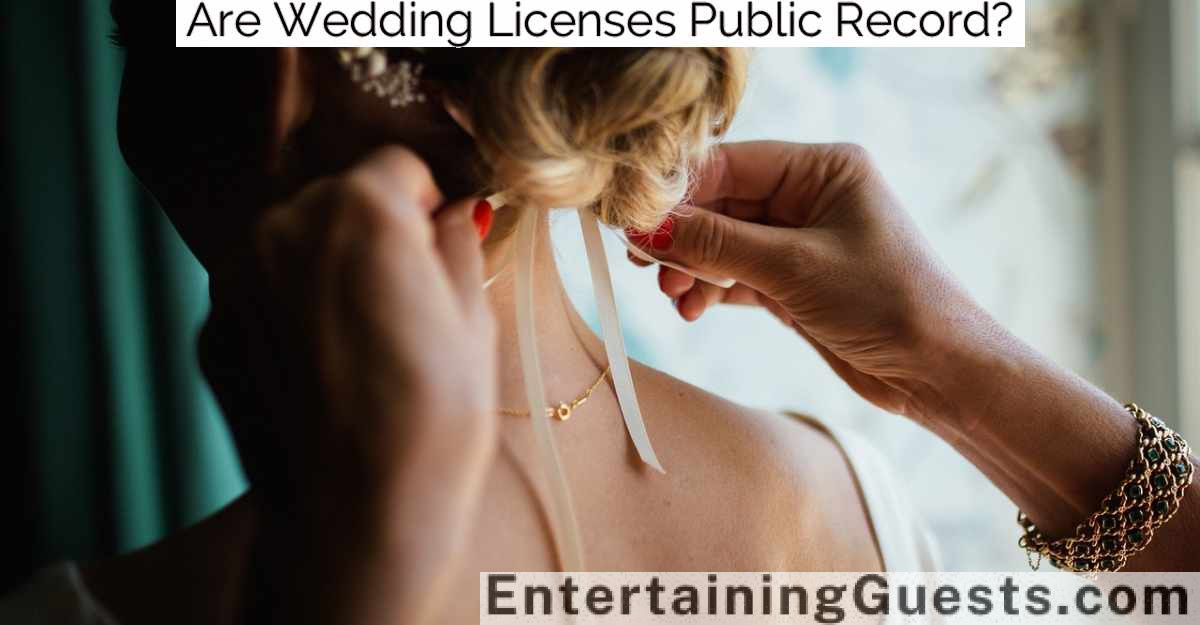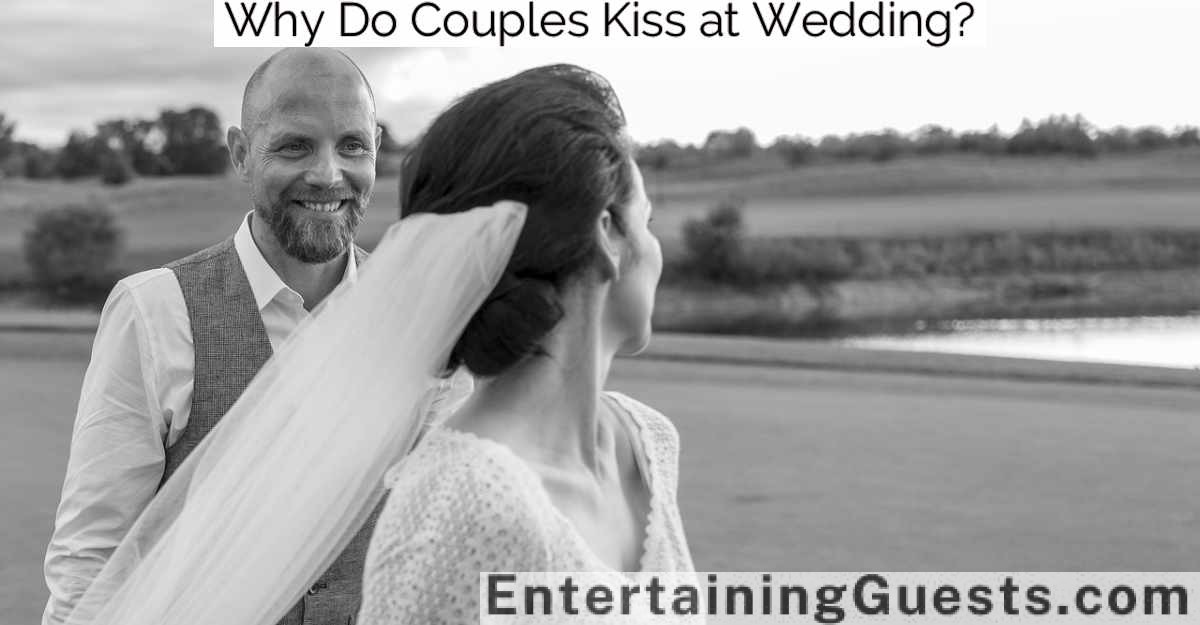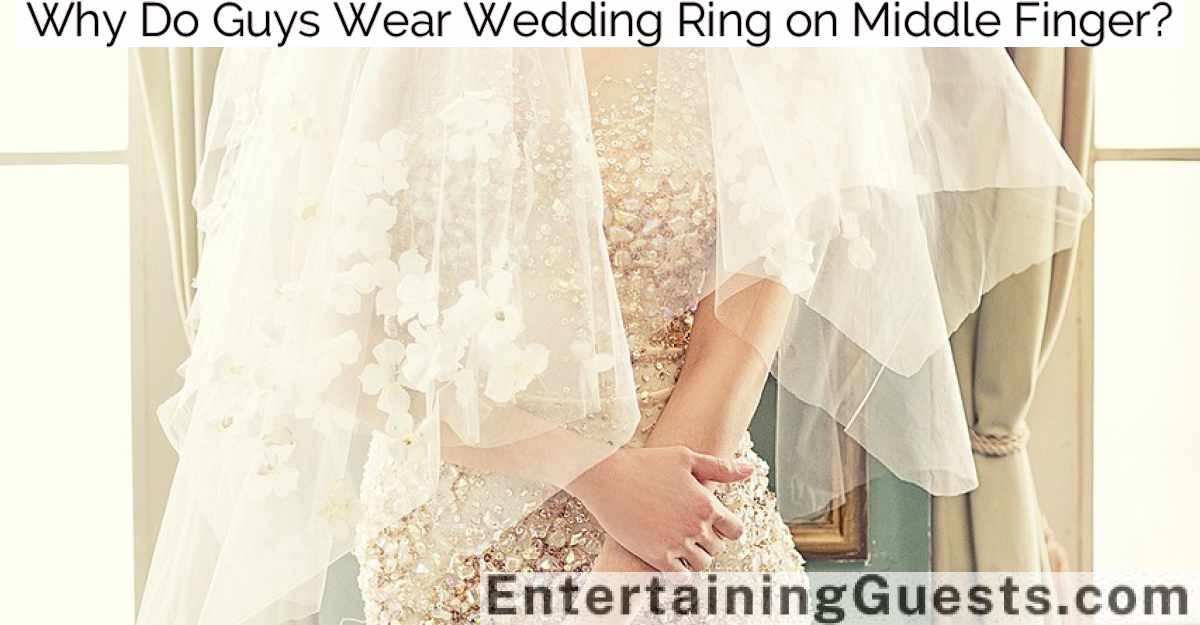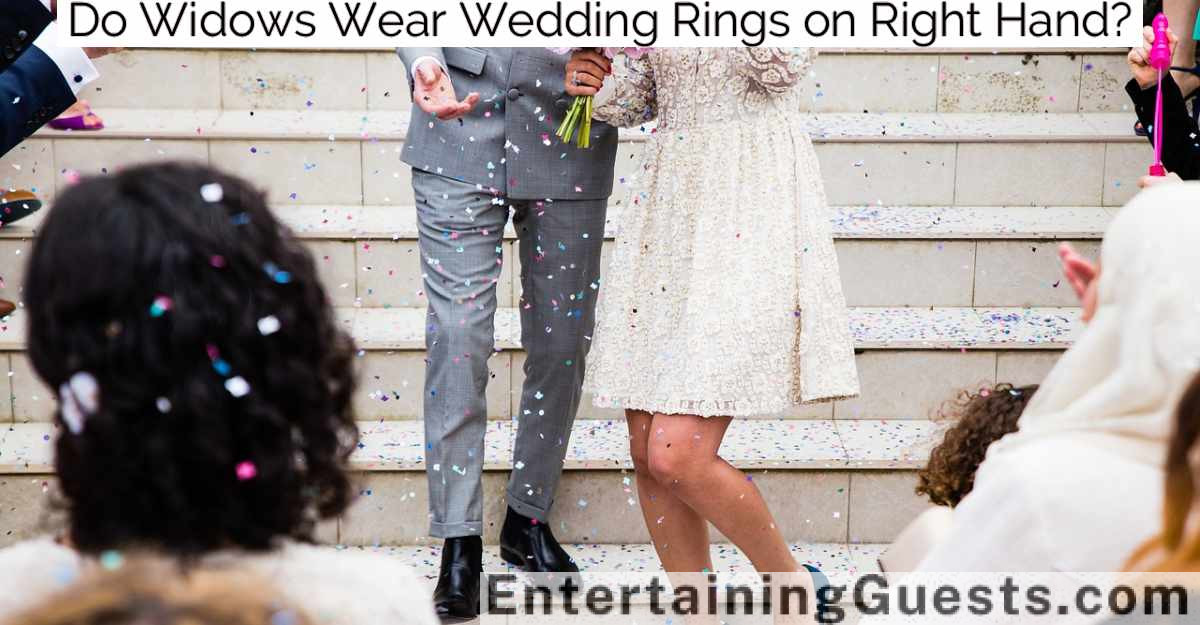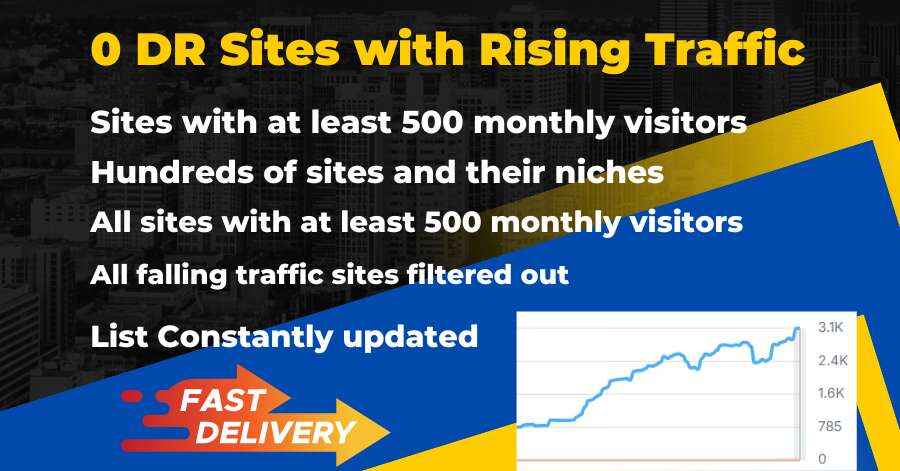Yes, wedding licenses are public records, but the level of access can vary significantly by state.
Most jurisdictions strive for transparency, yet privacy laws often restrict access to the parties directly involved and their legal representatives.
States such as Oklahoma and Florida provide broader access, while places like California and New York necessitate a demonstrable interest to access these records.
This balance between public transparency and individual privacy rights is maintained through distinct legal frameworks specific to each state, reflecting the complex interplay of laws that regulate the availability of such records.
Understanding Public Records
Understanding public records is indispensable for comprehending how information is managed and accessed in the public domain. Public records are documents or pieces of information that aren’t considered confidential and are maintained by government agencies. These records are created by federal and local governments who then make them available to the public. This process guarantees transparency and supports the public’s right to know, fostering a system of accountability in government operations.
Typically, public records can include, but aren’t limited to, court records, arrest records, governmental minutes and reports, and essential records such as birth and death certificates. Each type of public record serves its specific function. For example, court records provide an official account of proceedings and decisions, which can be pivotal for legal precedents or research. Similarly, essential records are important for verifying personal identity and status.
However, the accessibility of these records can vary considerably depending on the jurisdiction and specific regulations governing public access. The management and release of these documents are carefully balanced with concerns about individual privacy and the broader public interest.
Hence, while public records are fundamentally open to scrutiny, specific limitations and exclusions apply, maintaining a controlled yet transparent information environment.
Privacy Laws and Marriage Licenses
While public records are often accessible, marriage licenses occupy a unique space where privacy laws greatly shape their availability. In the United States, the right to access governmental records must be balanced against an individual’s right to privacy. This equilibrium is particularly sensitive when it comes to marriage licenses, which may contain personal information such as social security numbers, birthdates, and addresses.
Federal laws, such as the Freedom of Information Act (FOIA), provide a general right of access to records held by federal agencies, yet explicitly exclude records that would invade personal privacy if disclosed. Similarly, specific state laws dictate the confidentiality of marriage licenses, often restricting access to the parties involved and their legal representatives. These privacy laws serve to protect individuals from potential harms such as identity theft or personal harassment.
Courts have upheld these protections, recognizing that while transparency in government activities is essential, it mustn’t infringe upon personal privacy rights. The judicial interpretations help guarantee that access to sensitive information in marriage licenses is carefully managed, balancing public interest with privacy concerns.
This delicate handling underscores the complexity of privacy laws in governing access to marriage records, reflecting a bespoke approach to personal data protection.
State-by-State Variations
Across the United States, the accessibility of marriage licenses varies considerably from state to state. Each jurisdiction has developed its own regulations, which reflect diverse local values and privacy concerns.
For instance, states such as California and New York require individuals to demonstrate a direct interest to access specific marriage records, thereby protecting the privacy of the parties involved. In contrast, states like Oklahoma and Florida deem these records as fully public, allowing any person to access them without any need to justify their interest.
This variance largely stems from historical, cultural, and legislative factors that influence state policies. Southern states often exhibit more restrictive access compared to their Northern counterparts, a phenomenon possibly rooted in differing attitudes towards privacy and public information.
Furthermore, the legal frameworks governing these records can be complex, with some states imposing more stringent conditions such as proof of identity and relationship to the individuals whose records are sought.
Analyzing these differences is essential for understanding how marriage licenses are treated across the country. It highlights the lack of a unified national policy and underscores the need for careful navigation of state-specific laws by individuals seeking access to these documents.
Accessing Marriage Records
Given the considerable differences in how states handle the accessibility of marriage licenses, individuals seeking to access marriage records must navigate a variety of legal landscapes. Some states maintain an open records policy, allowing almost anyone to view marriage certificates, while others restrict access to the individuals named on the documents and their legal representatives.
Typically, to access a marriage record, one must first determine the state in which the marriage license was issued. From there, inquiries can often be directed to the state’s Department of Health or Essential Records. It’s essential to be prepared with specific details such as the full names of the couple, the date of the marriage, and the city or county of the marriage ceremony, as these particulars can greatly streamline the search process.
Moreover, many states now offer digital archives, which can be accessed online, reducing the need for in-person visits to government offices. However, these digital services may involve processing fees, and the extent of available records can vary.
For older records, particularly those not digitized, requests might need to be made in writing or in person, potentially involving longer processing times.
Implications for Couples and Researchers
One must consider the implications for both couples and researchers when accessing marriage records, as these documents hold significant personal and academic value.
For couples, the public nature of wedding licenses can raise concerns about privacy and data security. They might worry about how easily accessible details of their marital status, addresses, or even maiden names are, which could potentially lead to identity theft or unsolicited contact.
On the other hand, researchers find these records invaluable for conducting sociological, historical, or genealogical studies. Public access to wedding licenses allows for the examination of trends in marriage ages, geographical marriage patterns, and changes in marital rates over time.
However, this accessibility also imposes a responsibility on researchers to handle such sensitive data with care, ensuring that personal information is respected and protected.
Thus, while the availability of these records can enhance academic understanding and societal insights, it simultaneously necessitates stringent measures to safeguard individual privacy.
It’s essential that both personal and academic interests are balanced, fostering an environment where information can be utilized constructively without compromising personal integrity.
Conclusion
In summary, while marriage licenses are generally considered public records, their accessibility varies by state due to differing privacy laws and regulations. Couples and researchers must navigate these variations to access specific records. This landscape underscores the need for a careful balance between public transparency and individual privacy. Understanding these dynamics is essential for anyone seeking to access or analyze marriage data, emphasizing the importance of familiarity with relevant legal frameworks in each jurisdiction.
